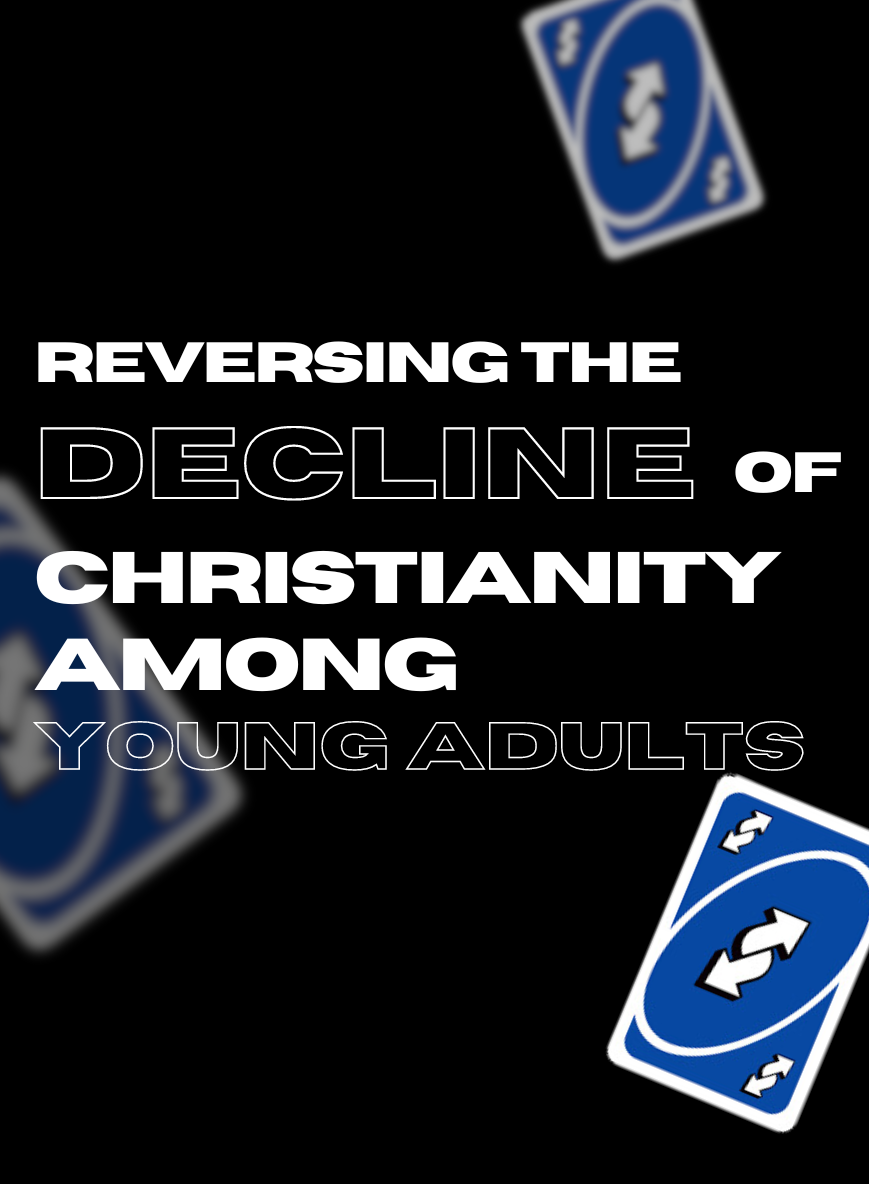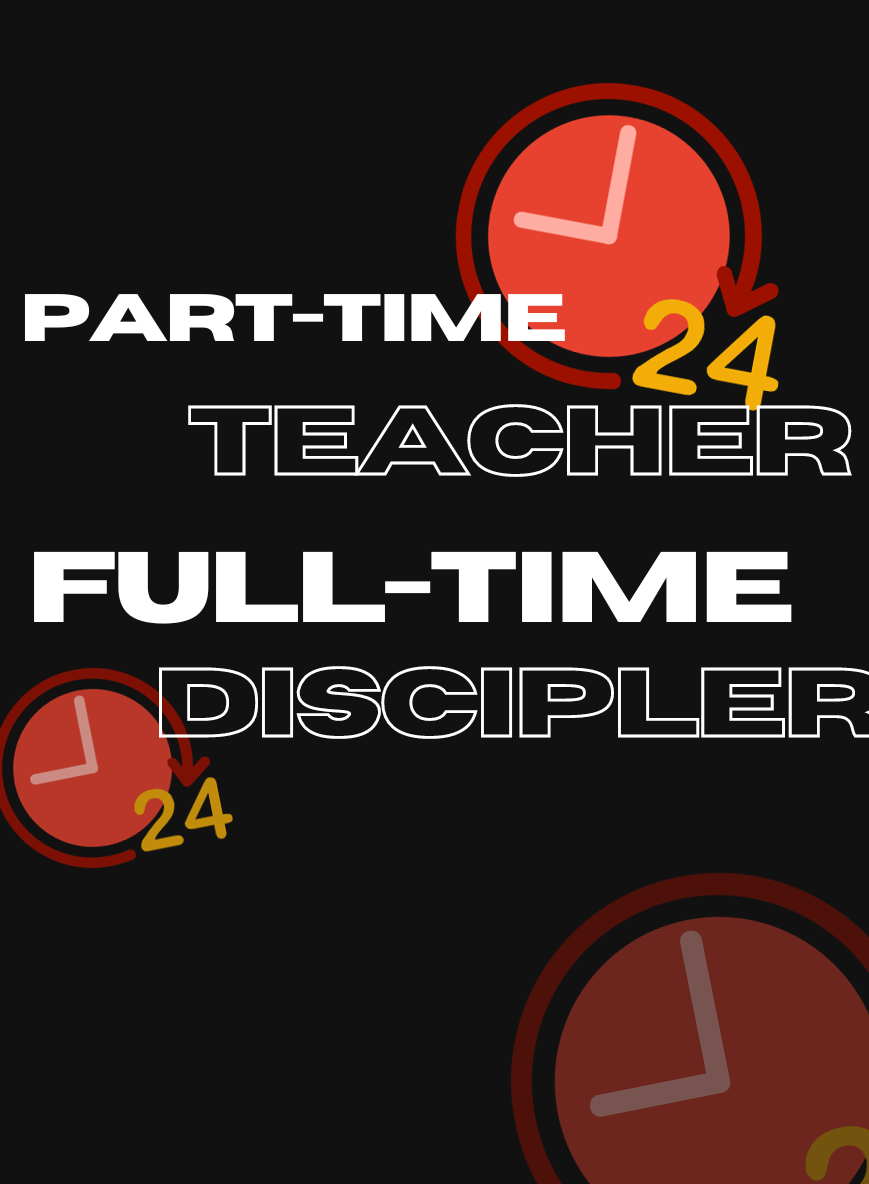
Jesus created a multiplying movement.
As a young adult leader or pastor, I’m sure you too carry this desire to see Jesus’ ministry fulfilled in today’s context. Like Jesus, I’m sure that you too are investing in passionate, authentic people. You are probably drawn to the young adults in your ministry who are hungry, committed and are people of influence. And you know what, these passionate young adults are probably also drawn to you!
You see, it is very common to see young adults opt for mentoring and on-on-one relationships to foster discipling experiences… but, what if there was a more effective way to see multiplication break out in our midst?
In our previous blog post, we explored some limitations of discipling in a mentoring context as compared with discipling that occurs within a small community. Instead of discipling occurring between just a ‘mentor’ and ‘mentee,’ we envision a culture where discipling could occur in a context of small groups of passionate, authentic young adults who together, can support each-other’s growth.
Here are some further reasons as to why we may opt for discipling in small groups over mentoring for the effective multiplication of Jesus-like disciplers:
- Weaknesses are multiplied
None of us are delusional enough to think that we have no weaknesses. On this side of eternity, whilst striving for complete Jesus-likeness is the goal, we know that we don’t quite attain that.
When we disciple in one-on-one settings primarily, unfortunately and unintentionally, we do not only pass on our strengths, but ALSO our weaknesses – emotionally, relationally and spiritually. Some key characteristics of a mentoring relationship may include admiration towards the mentor, and proximity as you begin to do life more closely together. With these characteristics at play, when the multiplication cycle takes off, we may begin to see REPLICATION take place. We may begin to see the weaknesses of the ‘mentor’ transferred from mentor to mentee.
I have seen this play out in the early days of my own discipling relationships that were primarily mentoring and within my own ministry context. I saw that in my community, where mentoring was the preferred method of discipling, that were a few cases where the weaknesses of the discipler, became multiplied in the lives of those they was discipling. I became exposed instead, to a method of discipling that utilises small communities, to disciple. In these environments, there there are multiple voices speaking into the lives of the people we invest in. In these environments, the replication of ‘mini-me’s’ are reduced, and weaknesses are transferred with less intensity.
2. Responsibility is placed on one person
If you have experienced being the one sole discipler, you may have felt burdened and overwhelmed at one time or another, being the one to carry the responsibility to send the reminders, do the follow-up, organise the catch-ups, intercede in prayer, care for and challenge your young adult, like that one nagging teacher… but when we place Young Adults in small groups, all members of the group can begin to support and challenge each other in setting goals and providing accountability, together, fulfilling the roles and responsibilities of the discipler.
In a small group context, where you may forget to send a check-in message, another member of the group may have already reached out. The pressure is reduced when you are immersed in a community where all of the members are selflessly committed to each other’s growth. When different members of the group begin to take responsibility for each other’s growth, and build each other up, we can display the picture of the body of Christ more fully.
3. it Can lead to codependence
When an individual only has one sole discipler, where there is proximity, vulnerability, and reliance on one individual, unhealthy attachments and co-dependence may form. When meeting one on one in a discipling context, the role of the discipler / mentor can naturally fall into ‘counsellor.’ The mentor may therefore feel the pressure to be there for this individual in all of their ups and downs. This can also lead to disappointment for the Young Adult ‘mentee’ who may have high expectations of you as their disciple, when their expectations are not met. This may become emotionally taxing and unmanageable – especially when you as the mentor are feeling discouraged or low.
Not only can it be emotionally taxing, but when discipling involves doing life closely, the lines can get blurred between a) keeping them accountable and b) having them depend on you for their growth.
When we disciple in group settings, instead, responsibility becomes shared by each of the members, and group inter-dependence can occur, where we are not putting the entirety of the weight of growth and achieving Jesus-likeness in one relationship alone.
This approach helps deal with different personalities and different phases of life. In a group, one may be down in a way, but someone else is up – we are then able to share the burden.
As well as reducing the pressure placed on a sole-discipler, if we reserve all of the transparent and meaningful conversations and reflections to one on one meetings between mentors and mentees, we might actually be stopping other people in the community from gleaning from these invaluable reflections on life’s experiences.
4 . Prevents balanced development
“We are who we hang around” is much more than a statement. Neuroscience reveals that the way we see ourselves is determined by our ‘mirror-neurons.’ Mirror neurons fire when we see others acting, and we mimic their behaviours and interpretations of the world. If we have one mirror, this creates replication, and limits the capacity to multiply BALANCED Jesus-like disciplers.
Young adults learn who they are from those they see themselves in around them, their mirrors. Therefore, we want to provide them with a variety of mirrors with varying strengths that pull out an array of Jesus-like qualities from within them.
When discipling in small groups as opposed to one-on-one, the individuals represented in the group create a montage of different strengths and weaknesses, that balance one another out.
Well, if mentoring can result in:
- Weaknesses multiplied
- Responsibility placed on one person
- Codependence
- A lack of balanced development
…. Then maybe we can try a new approach.
Imagine a small group of young adults who began to take responsibility for each other’s growth, where they were able to provide to each other a more holistic and full image of God’s design for humanity, and where the emotional and spiritual burden is shared by more than just one. The beauty and the benefits of discipling in small communities are endless. We pray that you too, can experience the transformational benefits and refreshment of seeing a community take accountability for each other, and foster an environment that enhances spiritual growth and enables multiplication to occur in a healthier and more effective way.
Be blessed,
GenJ Team member, Elle Zeibig
We pray that these 4 reasons why mentoring can prove to be difficult and not produce the desired outcome of Jesus-like disciplers, are helpful as you consider the role of mentoring vs small groups discipling in your environment. If you have any questions, please reach out to us via instagram DM or on our ‘contact us’ page on this website. We’d love to hear from you and chat about how we can partner and champion you on to create a discipling hub in your own context.



